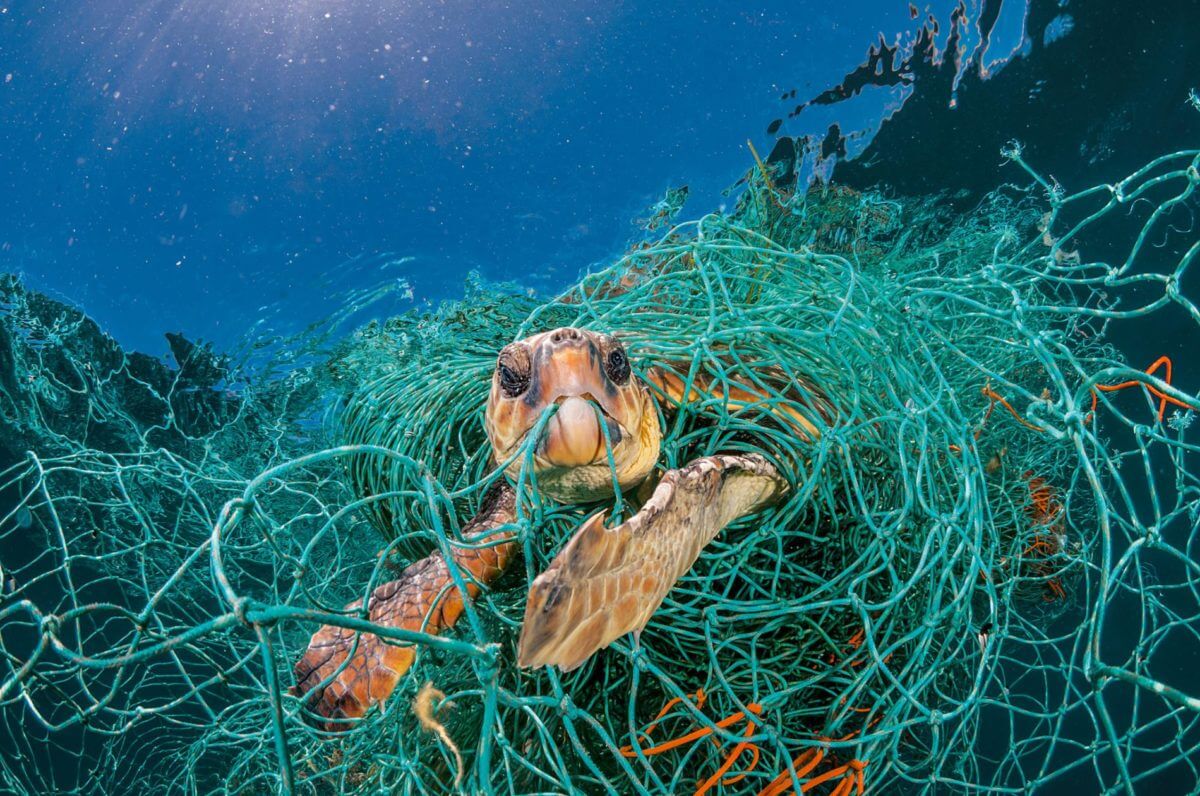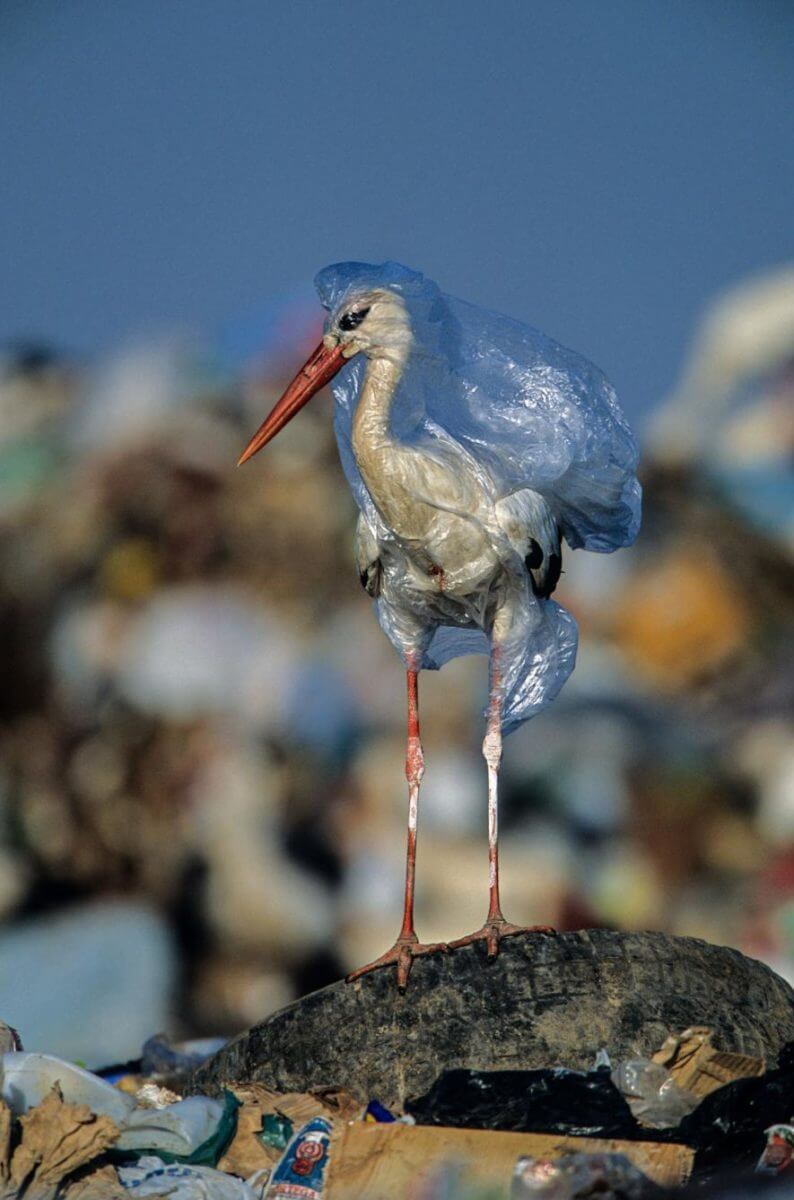Dear Reader, welcome to my blog!
We usually see news on health hazards of plastics and how they pile up in landfills (un-recycled plastics). However, we rarely see the effects of waste plastic to marine life. I recently read a National Geographic article with a striking title that said “For Animals, Plastic Is Turning the Ocean Into a Minefield”.
Exactly as the name suggests the oceans are becoming minefields as we keep polluting them. The article refers to the following 8-minute long video where biologists try to take out a 4-inch straw from a turtle’s nostrils on a boat off Costa Rica. Video at: https://youtu.be/4wH878t78bw
Luckily, the turtle makes it alive after enduring excruciating pain. In other cases, we see turtles, seals and birds entrapped in discarded plastic bags, fishnets and other waste.

Unfortunately, many fish and birds end up eating them. The result is…. Hundreds of thousands of dead birds and fish with stomachs bursting with plastic waste. There are two ways how it affects them. First, plastic shards can pierce a bird’s intestine and kill them easily. Second, it kills them slowly as consumed. The worst part is consuming plastic results in an inexorable hunger. So, animals eat plastic thinking that it is food (it also smells like food when covered in algae). Then they end up feeling lethargic and hungry afterwards having to continue search for more food. Consequently, they feed their fledglings with the plastic contaminated food.
According to Plastic Oceans, we are producing 300 million tons of plastic annually and throwing more than 8 million of it into the oceans. We can even start by simple actions such as reducing plastic usage, recycling, staying away from single use plastics and of course reusing. There are so many things that can be done to amend but it is the awareness and willingness that stands in the way.

We are not alone on this planet, we share it 8.7 million species and every single one of these species has a role in earth’s complex ecosystem (that we may not have discovered yet). If we do not respect the biological diversity and cause their destruction, we will only be leading the system to disruption. Disruption of the ecosystem can have unpredictable and disastrous consequences. Considering the vital role of oceans in our ecosystem and their significance for the continuity of humankind, we are far too reckless to proudly keep polluting. For a sustainable future for our children and grandchildren, we must not be selfish. We must judge the consequences of our actions and respect biological diversity.
Thank you for reading my blog! See you in a future post.
References:
https://plasticoceans.org/the-facts/
Published on May 19th, 2018Last updated on April 1st, 2021

